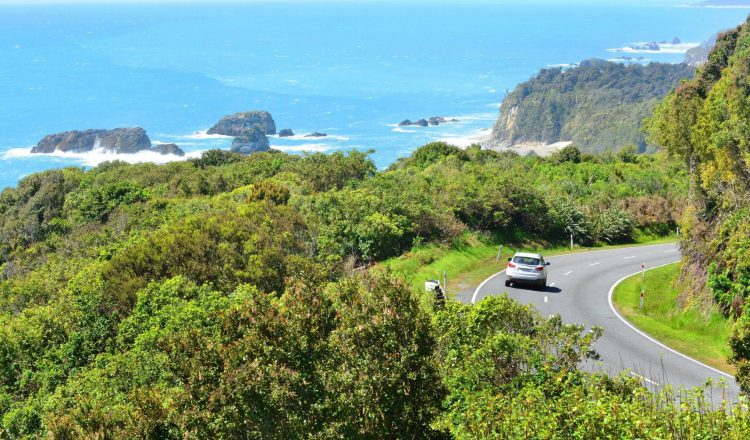Road users charges
Anyone using New Zealand’s roads contributes towards their upkeep. Most road users pay levies in the prices of their fuel. Others, such as drivers of light diesel vehicles and diesel-powered heavy vehicles like trucks, pay through road user charges (RUC).
The revenue collected from road user charges is dedicated to the National Land Transport Fund (NLTF). The NLTF funds road improvements and maintenance, public transport, road safety, and walking and cycling.
Who pays road user charges?
You must pay road user charges if your vehicle:
- is over 3.5 tonnes manufacturer’s gross laden weight
- uses diesel or other fuel not taxed at source.
Fuels taxed at source are:
- petrol
- compressed natural gas (CNG)
- liquified petroleum gas (LPG).
How you pay the charges
To pay the road user charges you purchase a RUC licence based on the vehicle’s RUC weight and RUC vehicle type.
- For most diesel cars, utes and vans, you need a distance licence, which you purchase in 1000km units (or multiples of 1000). You must buy a new licence before you’ve driven all the distance covered by the previous licence.
If you have a permit allowing you to carry loads heavier than your permanent RUC weight you can:
- apply for an additional licence, or
- change your towing vehicle to an H vehicle type.
Before buying a diesel vehicle
Make sure the vehicle has a current RUC licence. If you do buy a vehicle without a current RUC licence you will become liable for any unlicensed distance if the licence isn’t current.

















































